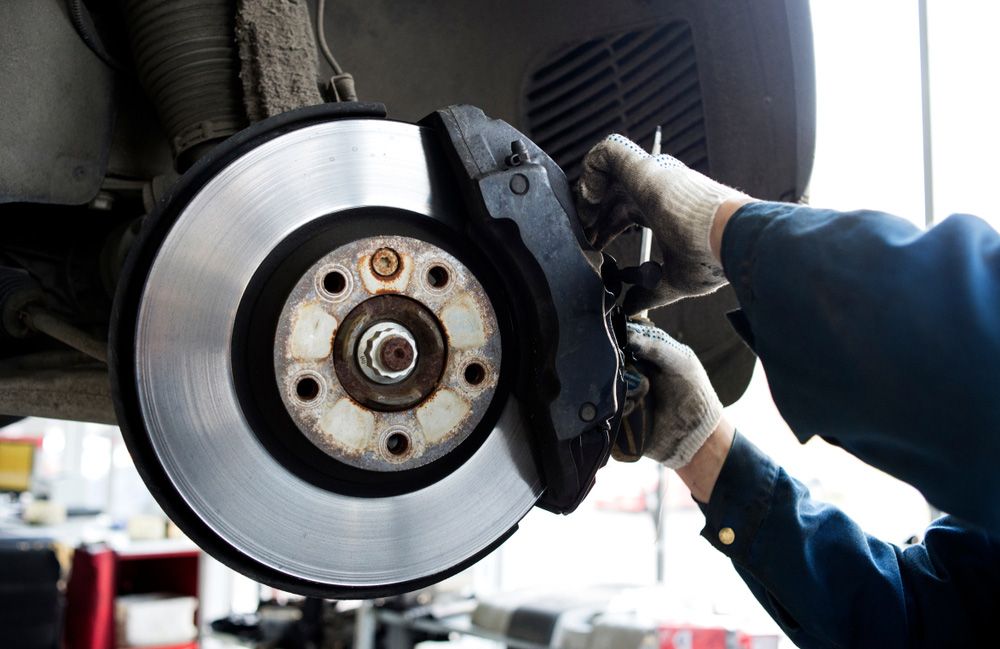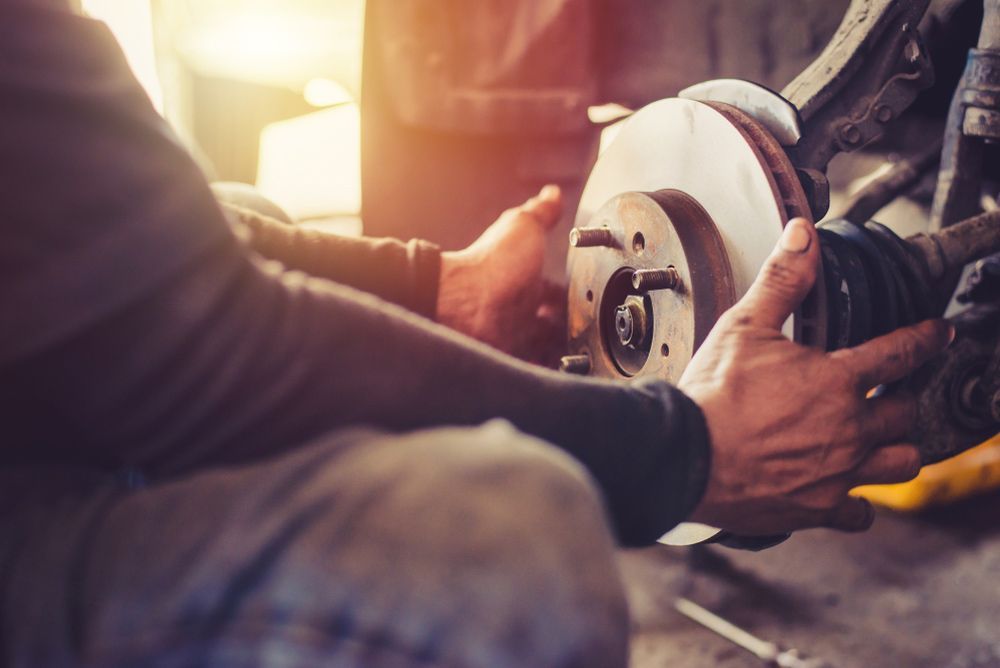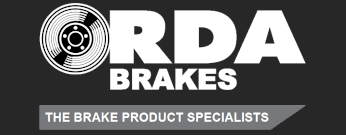Efficient Brake Shoe Grinding in Townsville
Brake Shoe Grinding That Exceeds Expectations
Currajong Brake Parts & Service in Townsville offers expert brake shoe grinding to ensure your braking system operates smoothly and efficiently. Our skilled mechanics excel at grinding or skimming brake shoes to restore proper contact with the brake lines, enhancing your vehicle's safety and performance.
Ensure your brake shoe always meets the brake lines with grinding services from Currajong Brake Parts & Service. Grinding or skimming brake shoes to the correct diameter will make the surface workable again, increasing efficiency and smoothness during brake operation. Our skilled mechanics are able to grind brake shoes to a radius of up to 7” wide. On top of that, we can also rivet brake shoes in large trucks.
Call us today on (07) 4779 7866 to book your brake shoe grinding service and improve your vehicle's braking performance!
Seamless Brake Shoe Grinding Solutions
Regular brake shoe grinding plays a critical role in maintaining your vehicle's overall safety, especially for trucks and other large vehicles. At Currajong Brake Parts & Service, we focus on precision grinding to ensure smooth, effective brake operation. Here are the advantages of our brake shoe grinding:
- Restores even contact between brake shoes & lines
- Improves braking efficiency & safety
- Extends the lifespan of brake components
- Reduces wear & tear on the brake system
- Ensures smoother braking performance
Whether your brake shoes need grinding or riveting, our skilled team has the tools and experience to get the job done right. Don’t delay brake maintenance.
Call (07) 4779 7866 to schedule your brake shoe grinding service today!
Frequently Asked Questions
-
Why change brake fluid regularly?
Here’s a safety tip on brakes. You’ve probably read the advice on brake fluid containers to change your brake fluid every 12 to 18 months and perhaps you’ve thought this is simply so brake fluid manufacturers can make more money, we believe it is very important you change your brake fluid every 12 to 18 months. You see, brake fluid is “hydroscopic” meaning it absorbs moisture from the atmosphere. If that moisture is allowed to build up, it reduces the boiling point of the fluid and can cause your cylinders to corrode and pistons to seize up – so for safety's sake – change your brake fluid regularly.
-
Why should wheel cylinders be replaced when fitting shoes?
Although your wheel cylinders may not be leaking when you replace your worn out shoes, it is normal practice to replace the wheel cylinders at the same time. Let me explain why. As your brake shoes wear, the pistons in the wheel cylinders move outwards to take up the wear in the shoes. As the wheel cylinders are one of the lowest points of a braking system, any moisture built up in the fluid system lies on the bottom of the cylinder and corrodes the wheel cylinder. This is also a great place for any contaminants in the fluid to settle. When you fit your new brake shoes, the wheel cylinder pistons must retract back into the cylinder to compensate for the brake lining thickness and thus placing the wheel cylinder seals into the contaminated and corroded area. Within a short amount of time, the cylinders usually begin to leak over your new brake shoes rendering them ineffective and requiring replacement again. So it pays to do a proper job in the first place.
-
Running in new disc pads
You may have heard of the practice of “bedding in your brakes” – perhaps you’ve done it yourself over the years. Well, disc pad technology has changed and with asbestos-free pads, the practice of riding your brakes and over-heating the new brake pads to bed them in is NOT a great idea – in fact you can actually damage the bonding agents and render the friction material useless. Disc pads are like an engine and have to be run in. Avoid excessive braking in the first 500kms.and you’ll get longer life, better performance and less noise from your brake pads.
-
Diagnosing brake problems
The way professional brake mechanics diagnose a poor brake pedal is a method of isolation. Special brake clamps are pinched onto your flexible brake hoses to isolate components. This method will tell you exactly where the problem is.
⚙️ Brake Parts & Service in Currajong
⚙️ Brake Parts & Service in Currajong
⚙️ Brake Parts & Service in Currajong
⚙️ Brake Parts & Service in Currajong
Site Links
our parts
Services
Trading Hours
- Monday
- -
- Tuesday
- -
- Wednesday
- -
- Thursday
- -
- Friday
- -
- Saturday
- -
- Sunday
- Closed










